Climate-exodus expected in the Middle East and North Africa

Part of the Middle East and North Africa may become uninhabitable due to climate change.
Japanese Monks Recorded the Climate for 700 Years
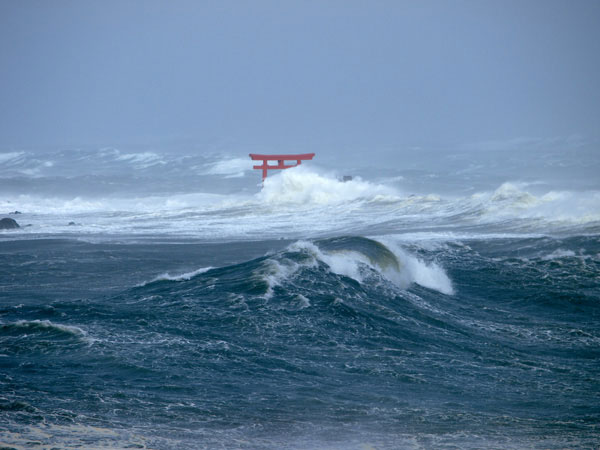
Some of the oldest continuous historical records from around the world show us how dramatically the climate has changed.
Ancient marine sediments provide clues to future climate change

Atmospheric carbon dioxide concentration was the major driver behind the global climatic shifts that occurred between 53 and 34 million years ago, according to new research. This is an important step in understanding ancient climate and thus helping scientists better predict future climate change.
‘Today is an historic day,’ says Ban, as 175 countries sign Paris climate accord
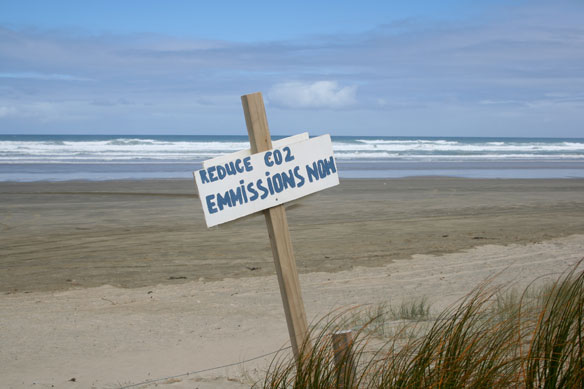
As 175 world leaders signed the Paris Agreement at United Nations Headquarters today, Secretary-General Ban Ki-moon said the next critical step is to ensure that the landmark accord for global action on climate change enters into force as soon as possible.
On Earth Day: At least 171 nations to sign hard-won climate pact

At least 171 world leaders gathered today at the United Nations to sign a sweeping climate agreement negotiated last year and aimed at slowing global warming. While the ceremony is something of a culmination, it’s only the second of three steps to make the comprehensive climate deal a reality.
Study: humans have caused all the global warming since 1950
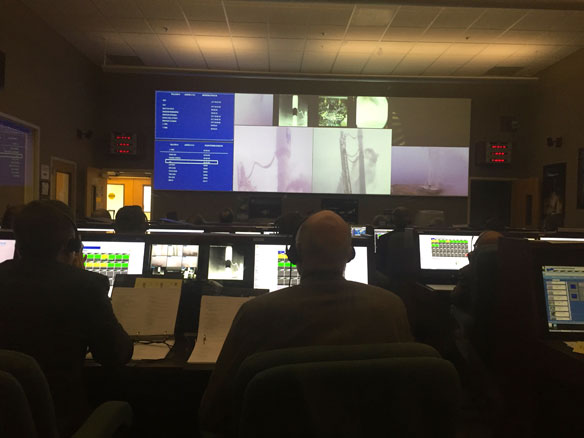
A new study has found that humans are responsible for virtually all of the observed global warming since the mid-20th century. It’s not a novel result – in fact, most global warming attribution studies have arrived at the same general result – but this study uses a new approach.
Cyclone Fantala, Indian Ocean
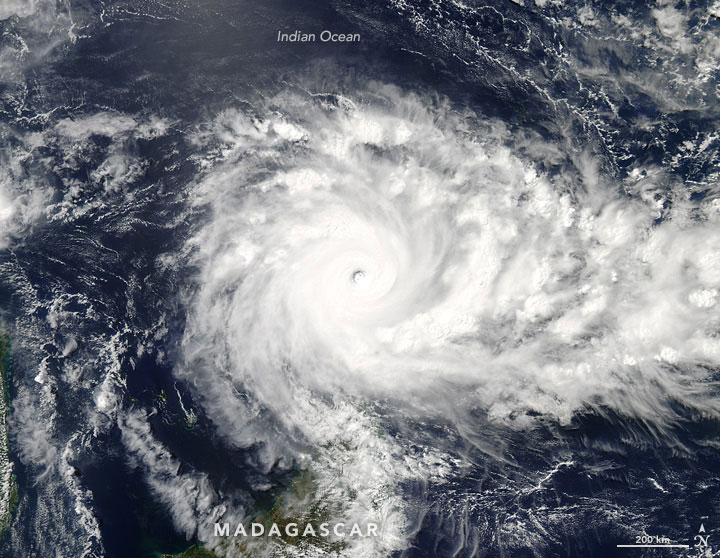
In a year with one of the strongest El Niños ever observed and the hottest air temperatures on record, Cyclone Fantala, drifting northeast of Madagascar, just became the most potent cyclone ever recorded in the Indian Ocean.
Climate Change and the Middle East (II)
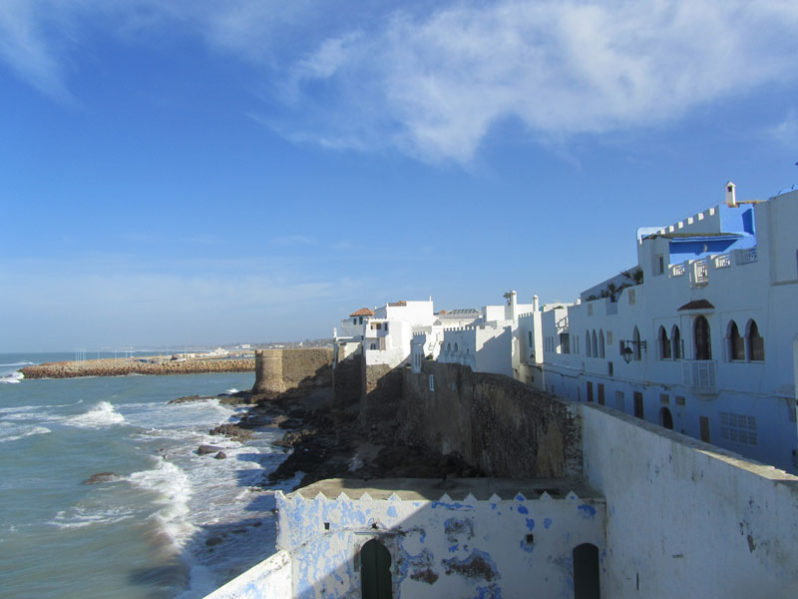
Water scarcity has become one of the major concerns of 33 Middle East Arab and North African countries. Also, due to the rise of the Mediterranean Sea water levels and land depression observed, the whole region is eventually exposed to two dangerous effects: water and soil salinization, and coastal sea flooding.
Up to 155 Countries Set to Sign Paris Agreement New York, 22 April

A record number of countries have said they intend to sign the Paris Agreement on climate change at a high-level ceremony at the United Nations headquarters on Friday, 22 April 2016, on Mother Earth Day.
